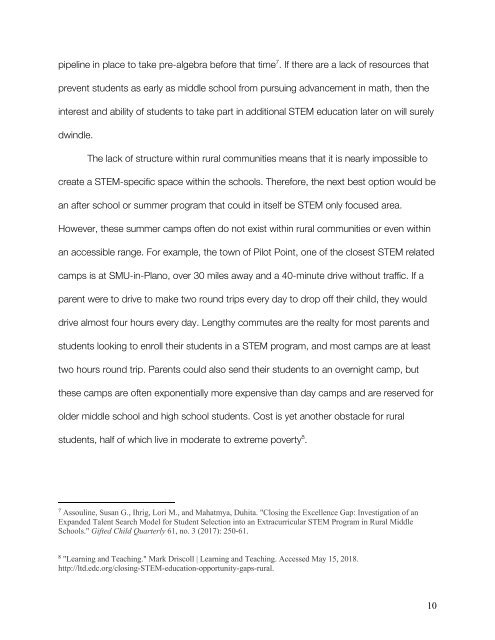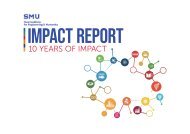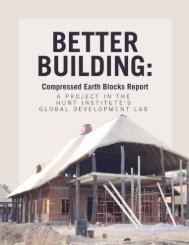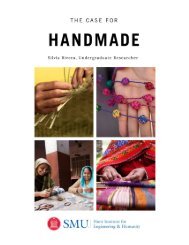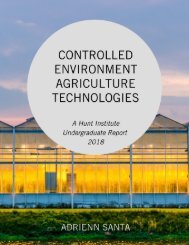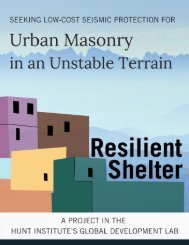STEM UP report Cydney Snyder
This project is important not only because it is a good thing to provide children with education and better possible job opportunities. This project is important because millions of students grow up in rural communities and believe that their community is not “good enough”. In development, growth is seen as an indicator of progress which leads to a lack of understanding of places that choose and rejoice in staying small. When students have to leave their communities in order to find more educational opportunities, they are not taught about subjects that relate to their experiences and their communities. Furthermore, when students leave their communities, they quickly find that people think of small rural communities a lesser. As a result, these students learn to reject small town values and traditions, they deny the good parts of their upbringing, and repress those aspects of their background that make them feel “other”. This camp, and in general the movement of place-based education, can provide students with a new narrative of what it means to be from rural, while also giving them the opportunity to have a more well-rounded and adequate STEM education.
This project is important not only because it is a good thing to provide children with education and better possible job opportunities. This project is important because millions of students grow up in rural communities and believe that their community is not “good enough”. In development, growth is seen as an indicator of progress which leads to a lack of understanding of places that choose and rejoice in staying small. When students have to leave their communities in order to find more educational opportunities, they are not taught about subjects that relate to their experiences and their communities. Furthermore, when students leave their communities, they quickly find that people think of small rural communities a lesser. As a result, these students learn to reject small town values and traditions, they deny the good parts of their upbringing, and repress those aspects of their background that make them feel “other”. This camp, and in general the movement of place-based education, can provide students with a new narrative of what it means to be from rural, while also giving them the opportunity to have a more well-rounded and adequate STEM education.
Create successful ePaper yourself
Turn your PDF publications into a flip-book with our unique Google optimized e-Paper software.
pipeline in place to take pre-algebra before that time 7 . If there are a lack of resources that<br />
prevent students as early as middle school from pursuing advancement in math, then the<br />
interest and ability of students to take part in additional <strong>STEM</strong> education later on will surely<br />
dwindle.<br />
The lack of structure within rural communities means that it is nearly impossible to<br />
create a <strong>STEM</strong>-specific space within the schools. Therefore, the next best option would be<br />
an after school or summer program that could in itself be <strong>STEM</strong> only focused area.<br />
However, these summer camps often do not exist within rural communities or even within<br />
an accessible range. For example, the town of Pilot Point, one of the closest <strong>STEM</strong> related<br />
camps is at SMU-in-Plano, over 30 miles away and a 40-minute drive without traffic. If a<br />
parent were to drive to make two round trips every day to drop off their child, they would<br />
drive almost four hours every day. Lengthy commutes are the realty for most parents and<br />
students looking to enroll their students in a <strong>STEM</strong> program, and most camps are at least<br />
two hours round trip. Parents could also send their students to an overnight camp, but<br />
these camps are often exponentially more expensive than day camps and are reserved for<br />
older middle school and high school students. Cost is yet another obstacle for rural<br />
students, half of which live in moderate to extreme poverty 8 .<br />
7<br />
Assouline, Susan G., Ihrig, Lori M., and Mahatmya, Duhita. "Closing the Excellence Gap: Investigation of an<br />
Expanded Talent Search Model for Student Selection into an Extracurricular <strong>STEM</strong> Program in Rural Middle<br />
Schools." Gifted Child Quarterly 61, no. 3 (2017): 250-61.<br />
8<br />
"Learning and Teaching." Mark Driscoll | Learning and Teaching. Accessed May 15, 2018.<br />
http://ltd.edc.org/closing-<strong>STEM</strong>-education-opportunity-gaps-rural.<br />
10


